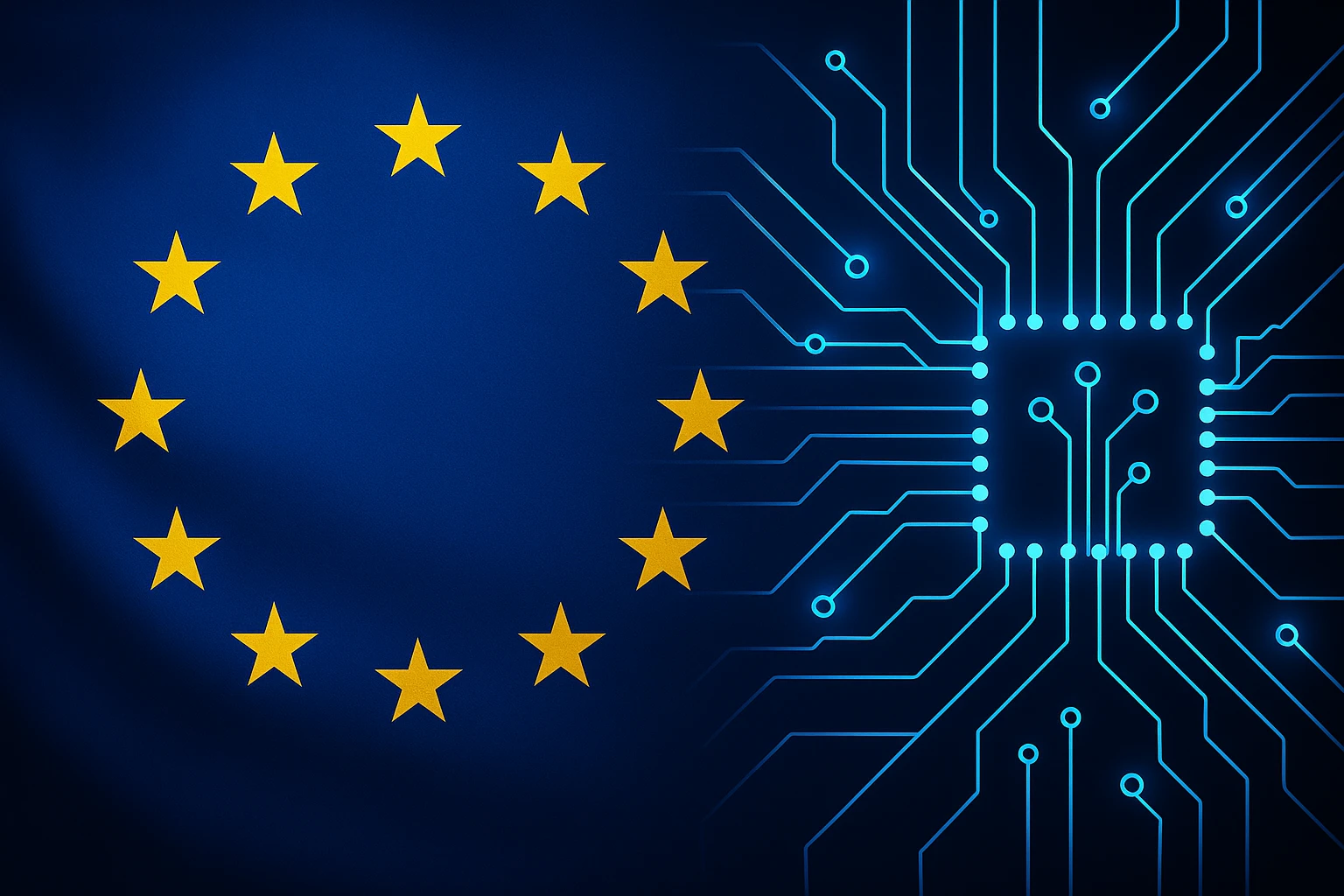EU May Ease AI Act Rules — A Surprising Win for Big Tech
2025-11-15

Leaked documents indicate Brussels is preparing to relax parts of its landmark AI Act, potentially reshaping how artificial intelligence is governed across Europe.
The European Union is preparing a dramatic recalibration of its approach to artificial intelligence.
Leaked internal documents obtained by TechPolicy Daily reveal that EU officials are now actively considering a significant softening of the bloc’s flagship AI Act, just a year after its historic passage.
If enacted, the shift would represent a major victory for Apple, Meta, Google, and other AI leaders who warned that the Act’s original provisions risked stifling innovation and sidelining Europe in the global AI race.
What was once promoted as the world’s strictest AI rulebook may soon be rewritten to be more flexible, more innovation-friendly, and more aligned with global competitiveness pressures.
Why Brussels Is Rethinking the AI Act
1. A Growing Fear of Falling Behind
Behind closed doors, EU officials increasingly worry that the bloc is slipping.
While the U.S. and China accelerate private-sector AI development, Europe’s stringent compliance regime is seen as a potential competitive handicap.
Regulators fear an AI talent and investment drain, as companies choose environments with fewer roadblocks.
2. Big Tech’s Intensifying Pressure
Major tech companies have consistently argued that some AI Act requirements are unworkable in practice.
Examples include:
- Apple warned that transparency rules for models powering Siri could expose proprietary architectures and design IP.
- Meta argued that restrictions on training data could make advanced multilingual LLM development for European languages nearly impossible.
Their message was unambiguous: as written, the AI Act would make it difficult — or unviable — to launch advanced AI products in Europe first.
3. Unintended Consequences for Open-Source and Startups
A growing coalition of researchers, open-source developers, and early-stage AI startups raised alarms about regulatory overreach.
They argued the Act’s broad definitions could:
- hinder collaborative research,
- impose unsustainable compliance costs,
- unintentionally cement the dominance of U.S. tech giants.
The irony: the regulation meant to restrain Big Tech could instead entrench it.
What Changes Are Being Considered?
The leaked draft points to several major revisions:
Extended Grace Periods
Longer compliance timelines for high-risk AI systems, giving companies room to adapt.
Sharper High-Risk Definitions
Refining classifications so that common AI applications aren’t swept into the toughest rules by accident.
Open-Source and Research Exemptions
Explicit carve-outs for non-commercial research, open-source models, and academic labs.
Simplified Compliance for Low-Risk AI
Less documentation, fewer internal assessments, and more flexible risk-reporting requirements.
If these revisions hold, the AI Act would shift from a rigid, one-size-fits-all framework to a risk-proportional, adaptable system more suited to real-world development.
The Global Ripple Effect
A softened AI Act wouldn’t just impact Europe — it would reshape global approaches to AI governance.
A New Signal to Markets
Brussels would be sending a clear message:
Europe is committed to staying in the global AI race, not regulating itself out of it.
A Revised Template for the World
Countries like Canada, the UK, and Australia — which have looked to the EU as a regulatory blueprint — may now adopt more innovation-friendly models.
A Warning From Civil Rights Groups
Not everyone is pleased.
The European Digital Rights group (EDRi) issued a stark warning:
“This is a capitulation to corporate pressure. Weakening the rules now risks undermining the core rights protections the AI Act was built on.”
The debate over innovation vs. protection is far from settled.
The Bottom Line: A New Chapter for AI Governance
The leaked documents do not guarantee change — but they confirm an intense internal debate at the highest levels of the EU.
If the recalibration proceeds, the AI Act will transform from a global benchmark for strict AI governance into a more balanced framework that attempts to make Europe both a regulator and a competitor in the AI era.
The next milestones to watch:
- EU Commissioner Statement on “AI Competitiveness” (expected later this month)
- Official legislative amendment proposal (anticipated Q1 2026)
Whichever direction the final text takes, it will be one of the most consequential AI policy decisions of the decade.
Recommended Articles

Android 17 Leak Hints at a Gaming Game-Changer: Native Controller Remapping
2025-11-15
New evidence in the latest Android 17 Canary build suggests Google is finally adding system-level controller remapping — a feature that could reshape mobile and cloud gaming.

Alphabet Q1: Google’s AI Push Hits 1.5B Users as Antitrust Storm Rages
2025-04-25
Google hits 1.5 billion monthly AI users as antitrust threats mount — Sundar Pichai doubles down on Gemini and the future of AI.

Uh Oh! GPT-5 Getting 'Horrible' Reviews
2025-08-14
OpenAI's GPT-5 rollout has sparked a wave of backlash, with ChatGPT Plus users calling the new model slower, less accurate, and more restrictive than its predecessors.